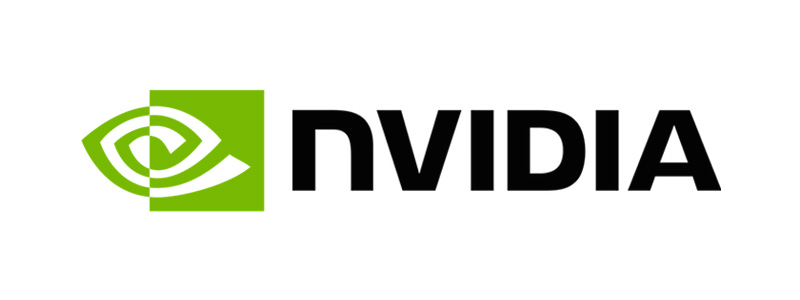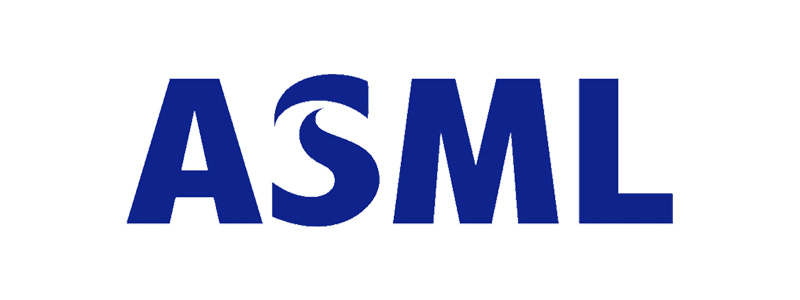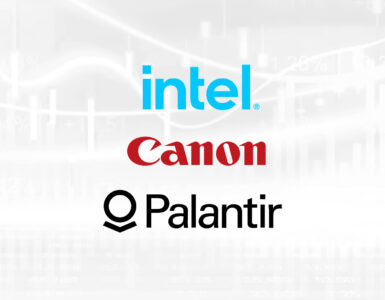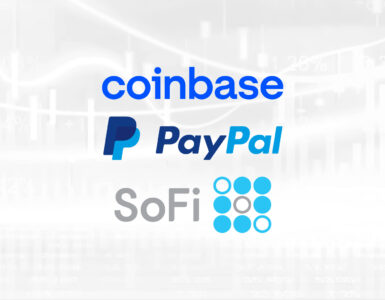Artificial Intelligence
In the vibrant world of artificial intelligence (AI), three companies are at the center of investors' interest: NVIDIA Corp (NVDA), ASML Holding N.V (ASML) y Taiwan Semiconductor Manufacturing Co. Ltd. (TSM). Each of these companies plays a crucial role in the AI ecosystem and their interconnections underscore their collective importance in the market. and the value chain.

NVDA, stands out for its graphics processing units (GPUs), which are critical to the development and execution of AI applications. Its leading position in the semiconductor sector is driven by its innovative capabilities in AI computing technology.
A strong investment not only in GPU technology but also in the data center market, where the demand for data centers is more and more exponential due to the rapid growth and adoption of AI users. The estimate of $140, or more, for the coming year reflects confidence in its continued expansion, innovation and demand for its products. In addition, the "Magnificent 7"NVDA's customers are investing in AI, which may indicate sustained demand going forward.
The financial report scheduled for August 28 is a key event that could significantly influence the share price. Particularly at the point in the economic cycle where we are now.
Many analysts anticipate positive results, based on the company's solid performance in the last quarter and the growing adoption of its AI solutions. This expectation of good results could lift the stock price to a new all-time high, further attracting investors to be part of its upside.
NVDA is a stock that despite being the best positioned in this sector of the market with a market capitalization of $3T, has a very volatile behavior, which makes it exciting for investors looking for high profit margins, who believe in its technology and the future of AI.
That said, given that the stock has returned 160% so far in 2024 and the competition has intensified, what is the best way to get a better understanding of the market?Is this rate sustainable?

ASML is a crucial supplier to semiconductor manufacturing, especially through its extreme ultraviolet (EUV) lithography technology. Lithography systems are a necessary equipment for chip production and are responsible for more than 80% of the worldwide lithography market. As a result, it has been a major beneficiary of the rise of artificial intelligence.
ASML's dominance has seen it attract the world's leading chip producers, with some of its customers including TSM, Samsung and Intel. In the second quarter, TSM experienced 40% year-on-year growth in revenue, driven mainly by strong demand for AI chips from hyperscalers. This, in turn, benefited ASML as well, as shares soared in anticipation of a similar rise in earnings.
The $1,157 estimate for the coming year reflects optimism around its role in next-generation semiconductor production and its dominant market position. ASML's stability and steady growth, coupled with global demand for advanced chips, make its technology indispensable to the AI industry. Moreover, its ability to innovate and lead in this space positions it favorably for the future in a market space it currently dominates.

TSM, the largest contract chipmaker, produces the latest artificial intelligence chips for benchmarks such as NVDA, Apple, Qualcomm, AMD and even Intel, which has its own fabs, but is struggling to keep pace with TSMC. Its ability to manufacture next-generation chips is vital for companies like NVDA, which rely on TSM to produce their advanced components.
It maintains a focus on a "pure-play foundry" model (it only manufactures other companies' semiconductor devices) and an interesting policy of not competing with its customers that has laid the foundation for TSM's dominance in the market, which reflects over 60% of its market share, as well as in its wide lead over the runner-up. Samsung, with 13% and Intel, with 2% of market share.
Despite having production delays, this has not dampened the high demand for its products, projecting a higher sales flow in the coming quarters. As tensions in the semiconductor sector escalate between the U.S. and China, developed and developing nations are looking to TSMC to establish local operations. After opening its first chip fabrication plant in Japan in February this year, TSMC is establishing a production site in Germany, its first in Europe. This solidifies its positioning.
As the artificial intelligence narrative develops and evolves, TSMC could be in a prime position to benefit due to its superior process technology, strong design ecosystem and reputation as a consistent and reliable chipmaker. The $199 estimate for next year reflects confidence in its stability and growth in the semiconductor industry.
The connection between TSM and other companies in the AI ecosystem, such as NVIDIA and ASML, underscores its critical importance. The continued demand for advanced chips and TSMC's ability to meet this demand make the company a solid investment.
Is this a good time to invest in AI?
Investing in NDA, ASML and TSM may be a key strategic decision, given the economic/political backdrop and upcoming earnings calls. Positive expectations for NVDA's financial report on August 28, coupled with a global economic recovery and favorable monetary policies, provide a favorable environment for these stocks. The big question mark is the ability of these companies to keep pace with demand.
Specific details
- Market recovery: Following negative economic events, such as "Black Monday," in which the volatility index "VIX" known as the "Fear Index" rose to levels as high as when the pandemic occurred, demonstrated a brief panic on the part of investors fearing a possible recession. Since then the market has shown signs of recovery, economic reports have indicated a positive and prosperous outlook reflected in the radical change in the VIX which has declined by 58% since August 5th, demonstrating that it was a market overreaction, which has created attractive opportunities for investors wishing to have a good entry point.
- Expectations of favorable economic policies: The possibility of interest rate cuts by central banks could stimulate investment in technology, benefiting companies such as NVDA, ASML and TSM. In September, the Fed is expected to cut interest rates by an estimated 0.25 to 0.5 basis points, which will positively affect the overall market by reducing the cost of funding for many companies and consumers.
- Anticipation of the NVDA report: Analysts project that NVDA's upcoming financial report could reveal strong results, backed by an increase in demand for its products and continued expansion in the AI sector. A positive report could shoot the stock price to new all-time highs, and dragging with it a bullishness in the tech sector which could signal a good entry point for investors who still want to grab a piece of the pie.
- Sector with tailwinds: In the long term, the economic benefits of generative artificial intelligence are real. As with the Digital Revolution, the technology is likely to drive faster growth, lower inflation and greater efficiencies, all factors that will generally be positive for equities, not just the recent beneficiaries. However, the reality is that the benefits will not materialize overnight.
What do you think? If you want to invest, you can do it here!
Contact with us
"*" indicates required fields
This material has been prepared for illustrative and discussion purposes only. Under no circumstances should the information contained herein be used or considered as an offer to sell, or solicitation of an offer to buy, any security. Any offer of securities is subject to certain investor eligibility criteria as detailed in the relevant offering documents. The information contained herein is confidential and may not be reproduced or distributed in whole or in part. The information is in summary form for ease of presentation, is not complete and should not be relied upon as such.
* The buy, hold or sell levels are the result of an aggregate of individual opinions of professional analysts and do not constitute a suggestion, recommendation or instruction to buy or sell the instrument.









